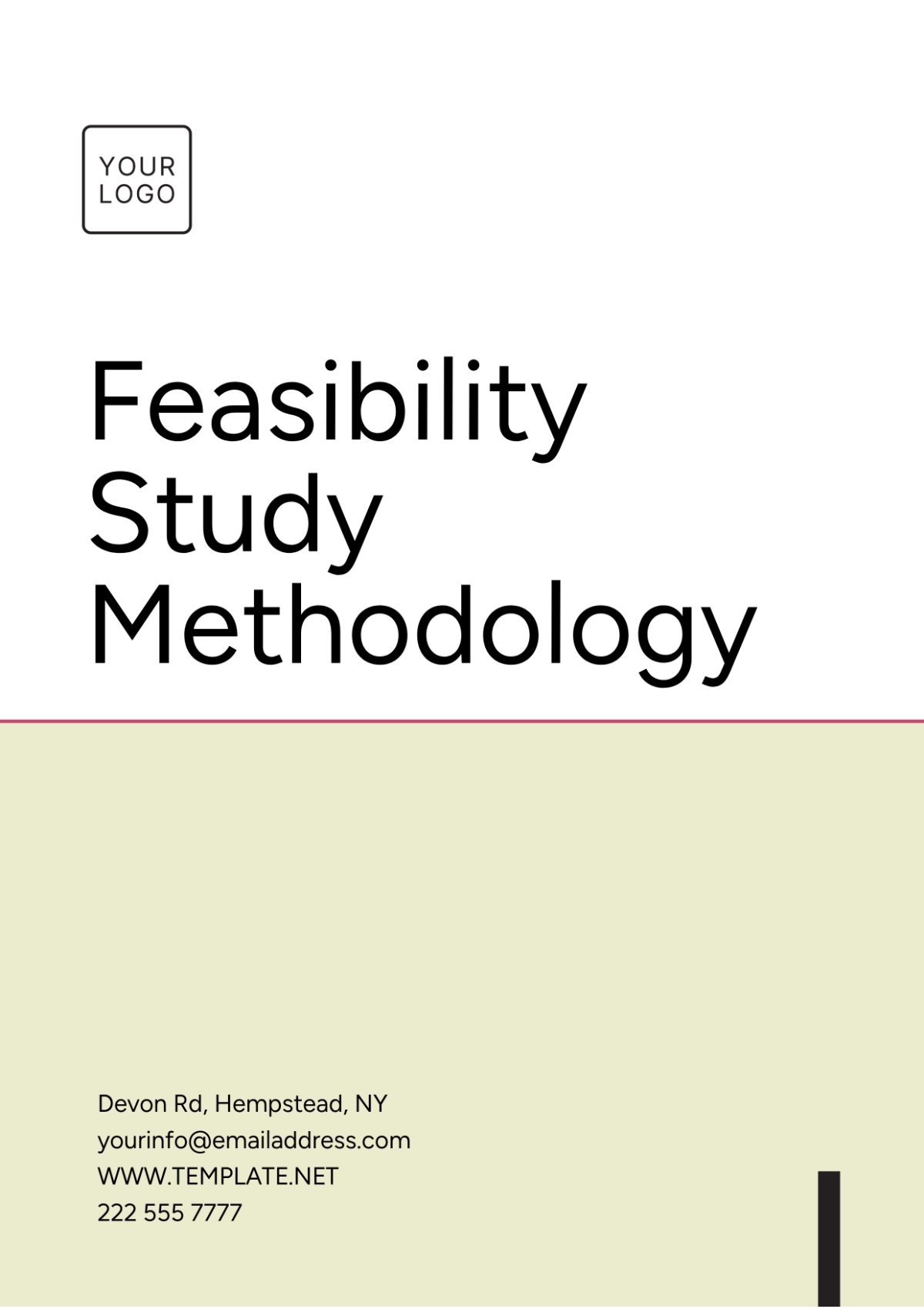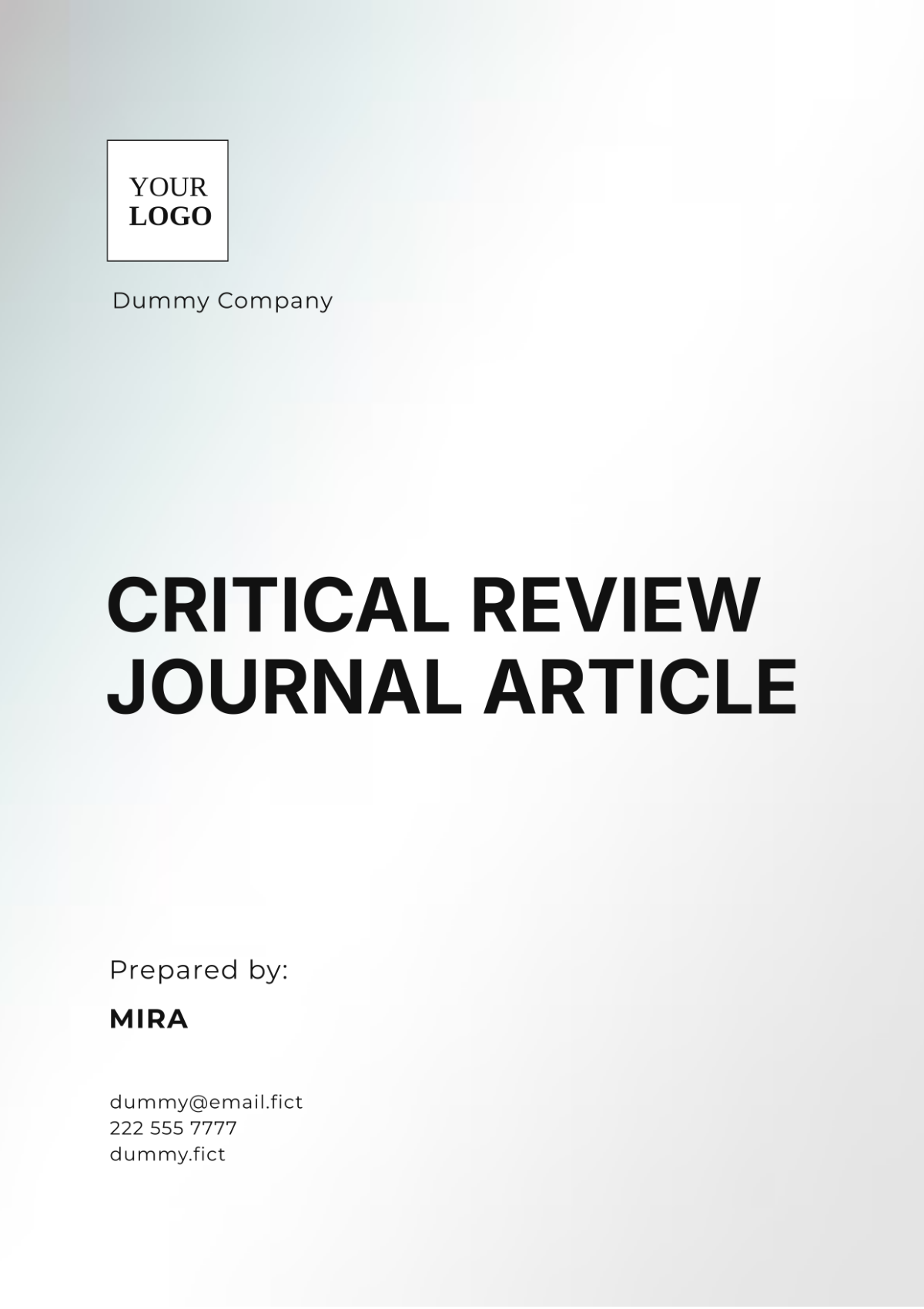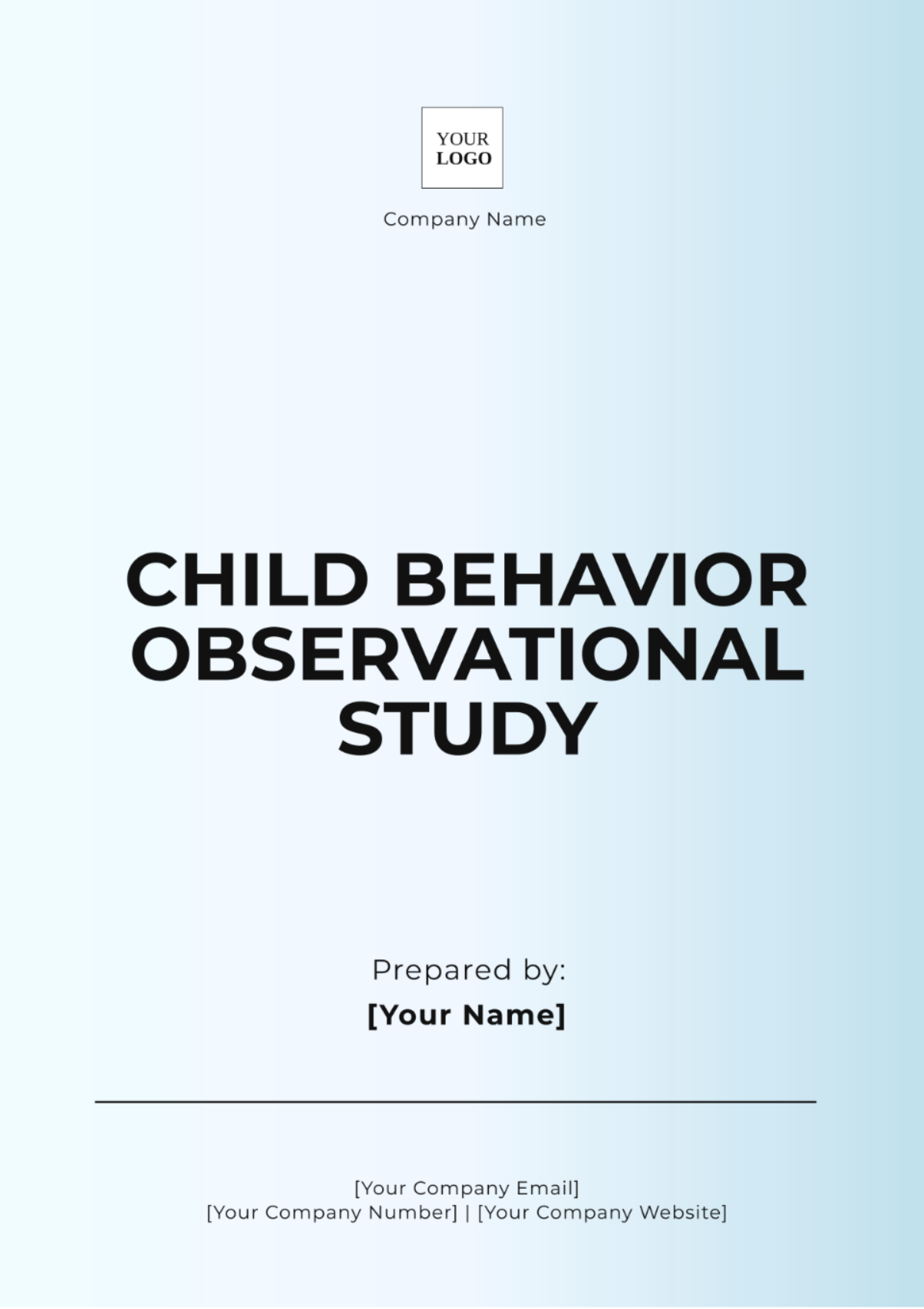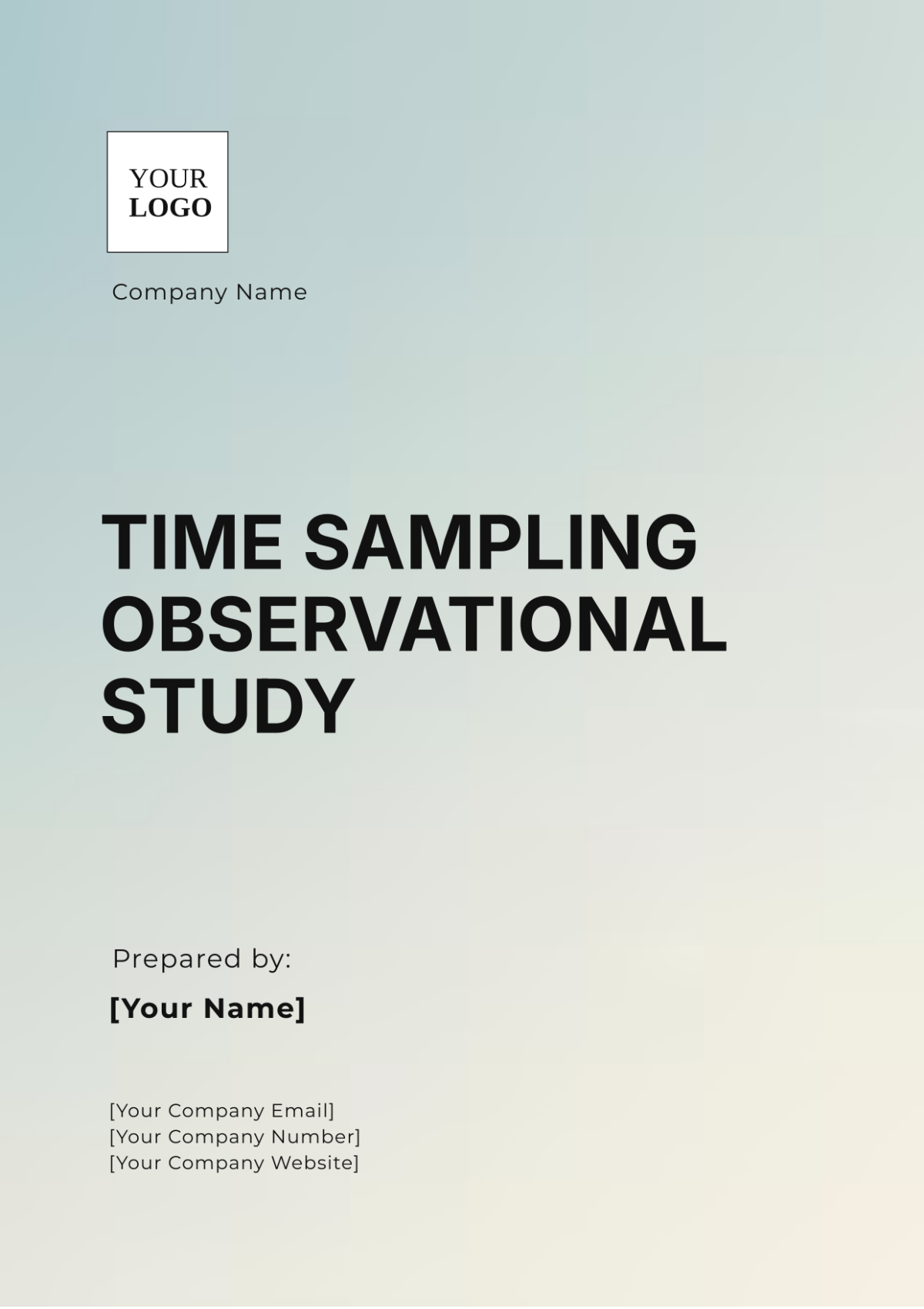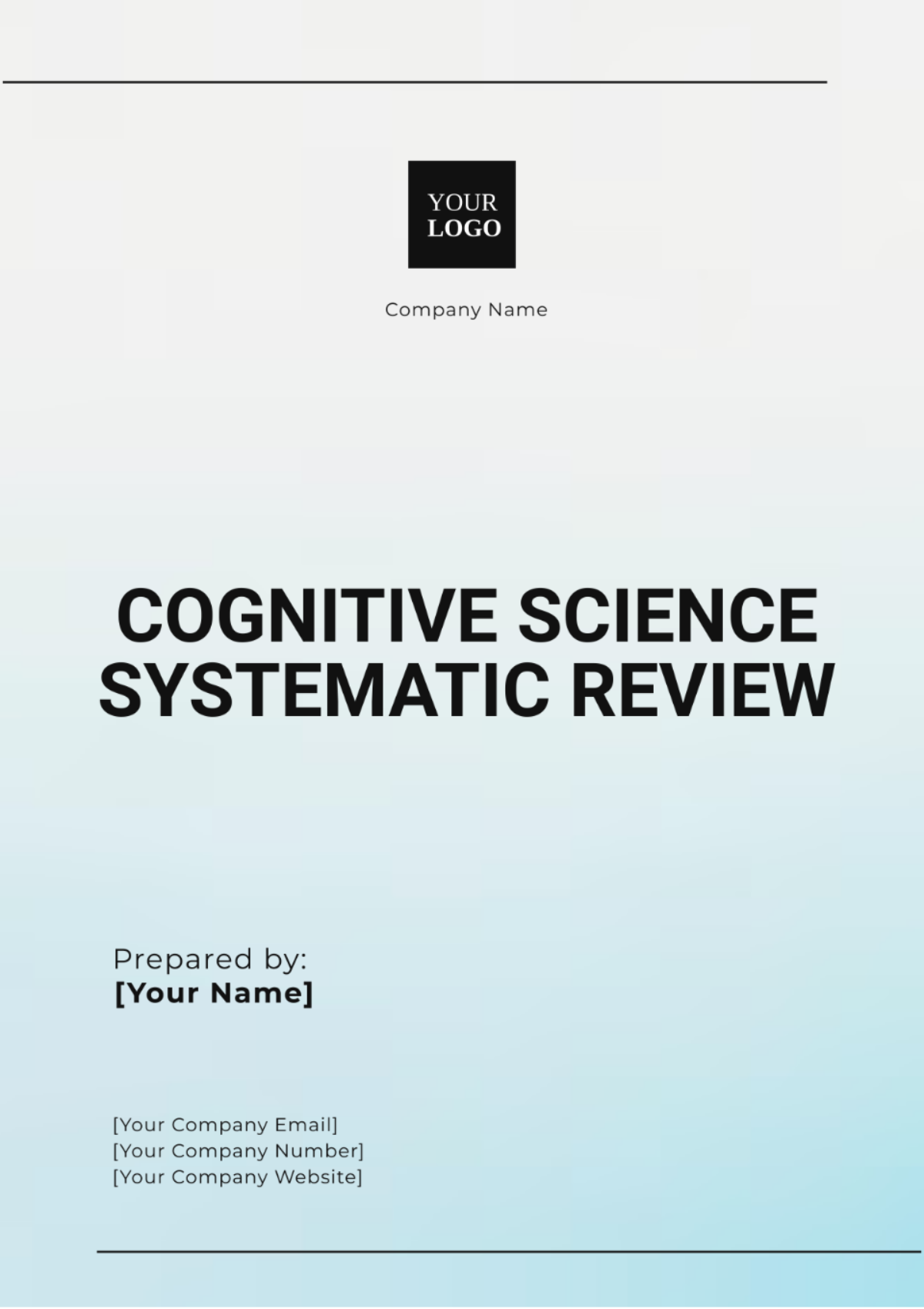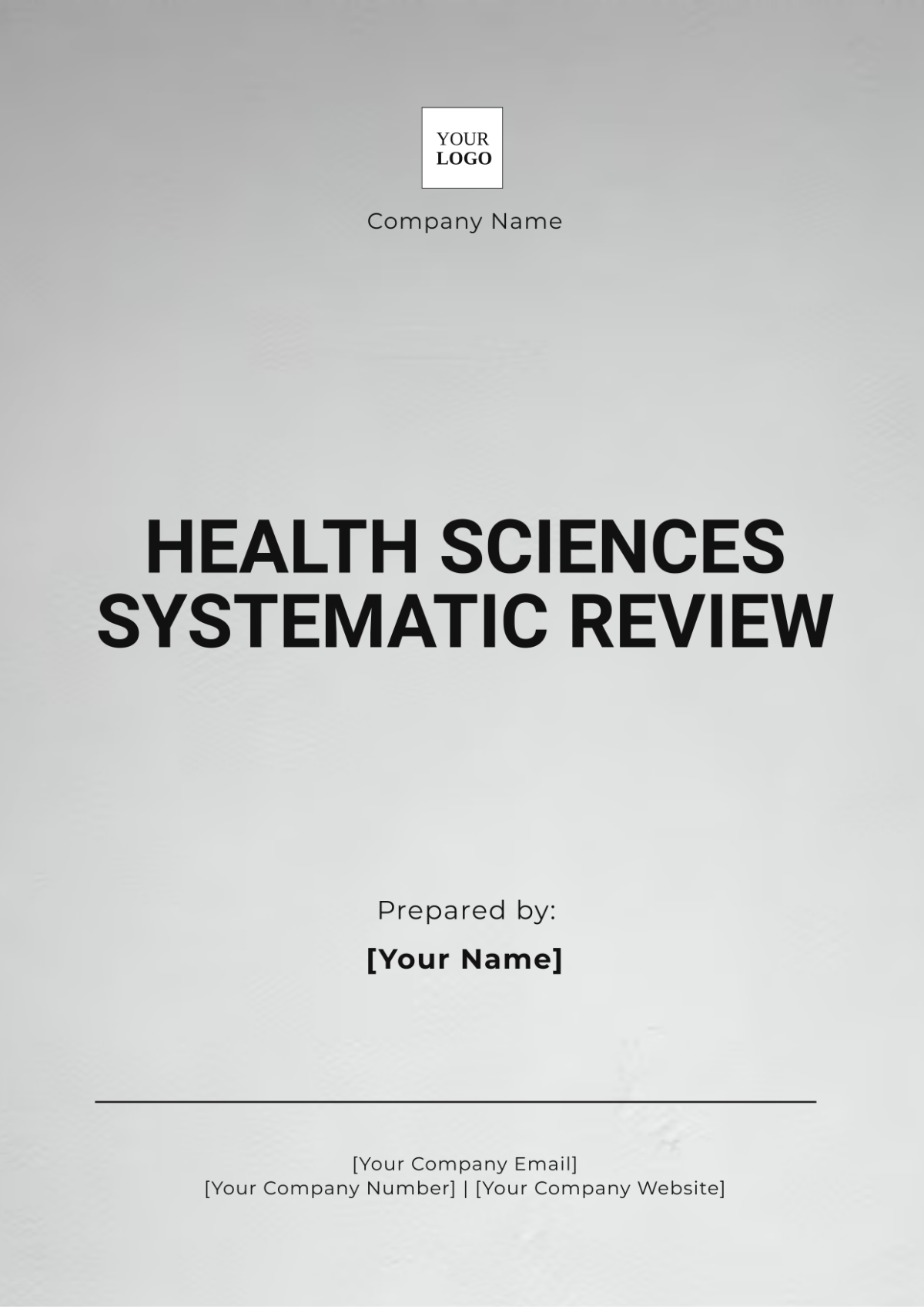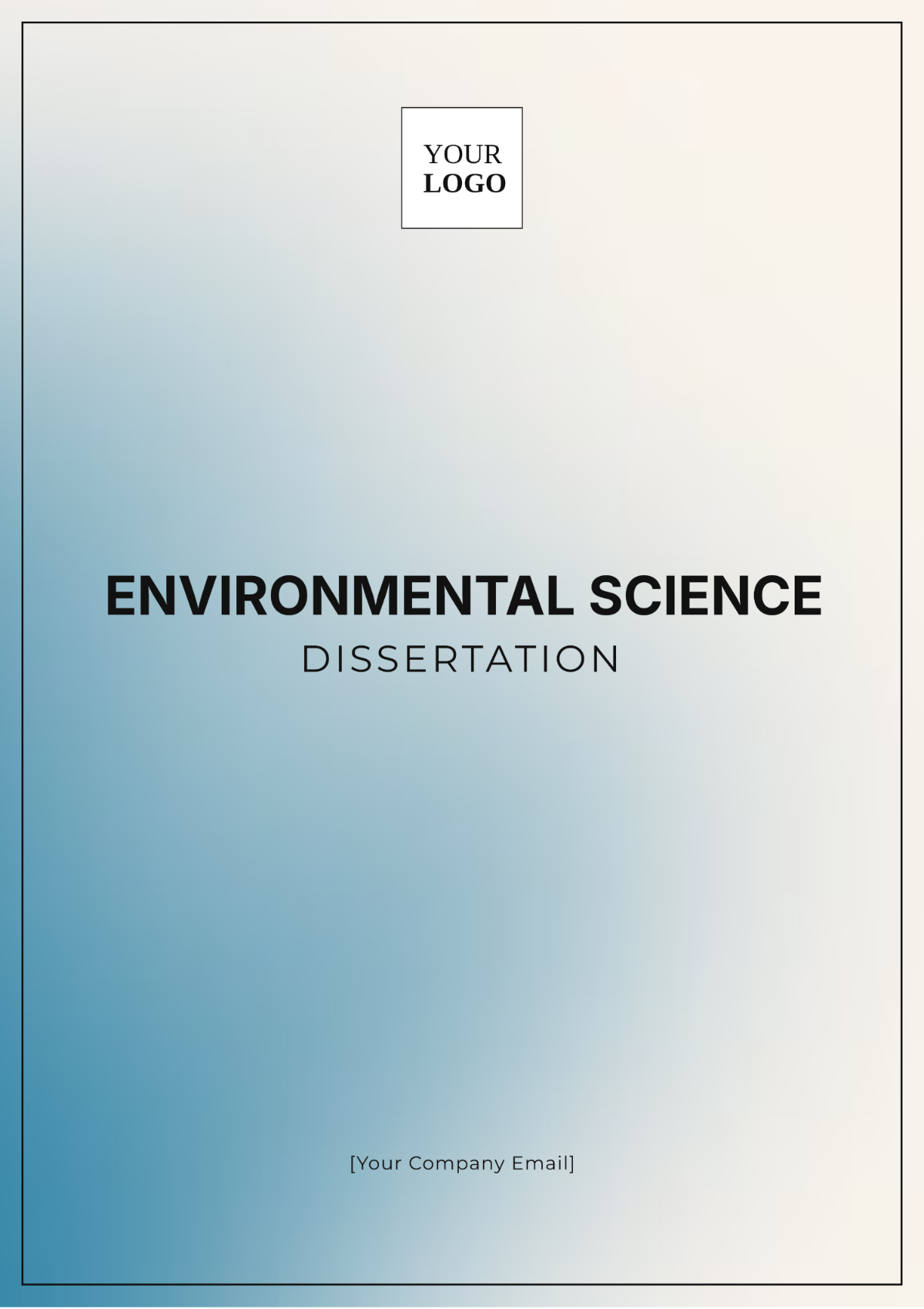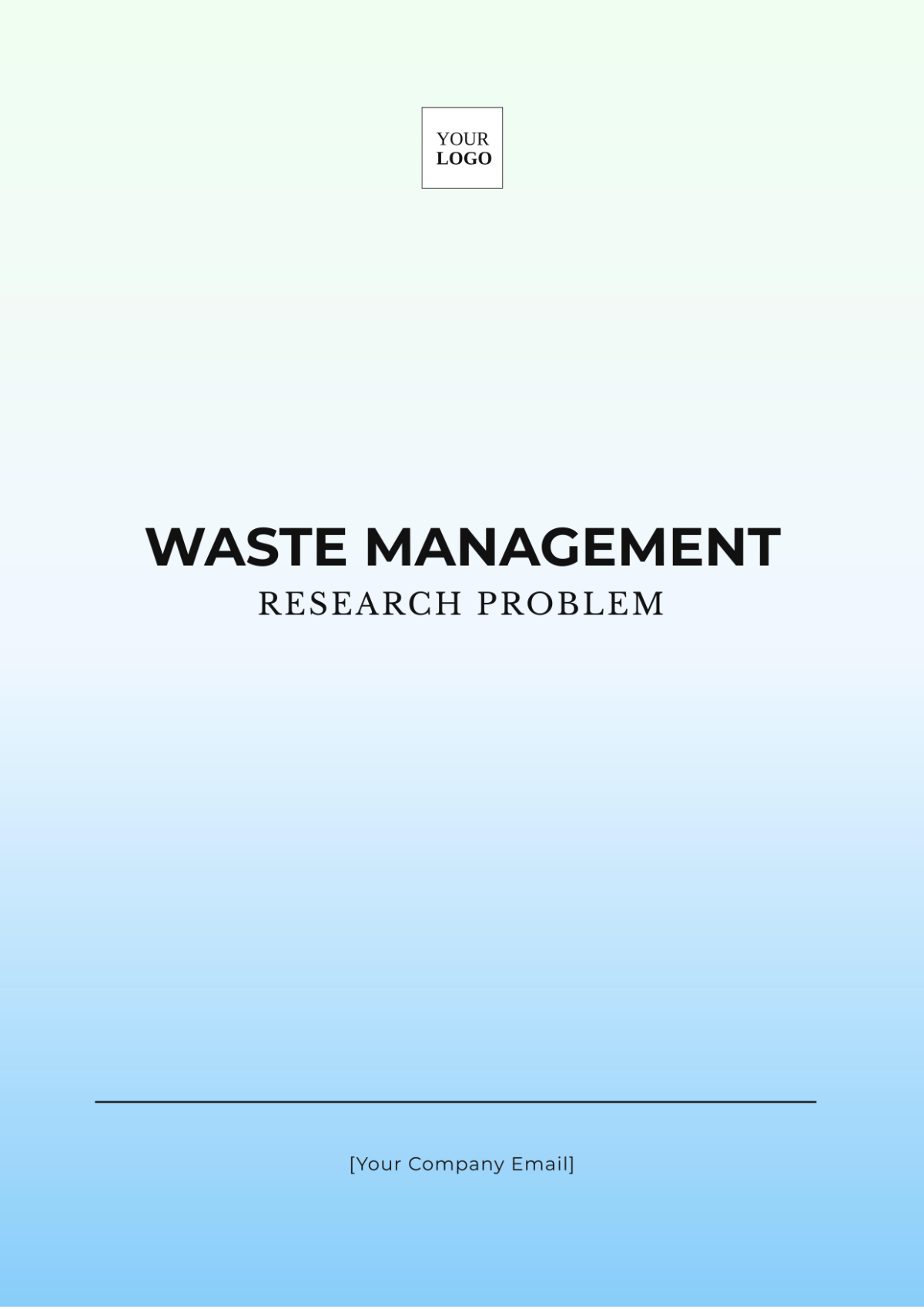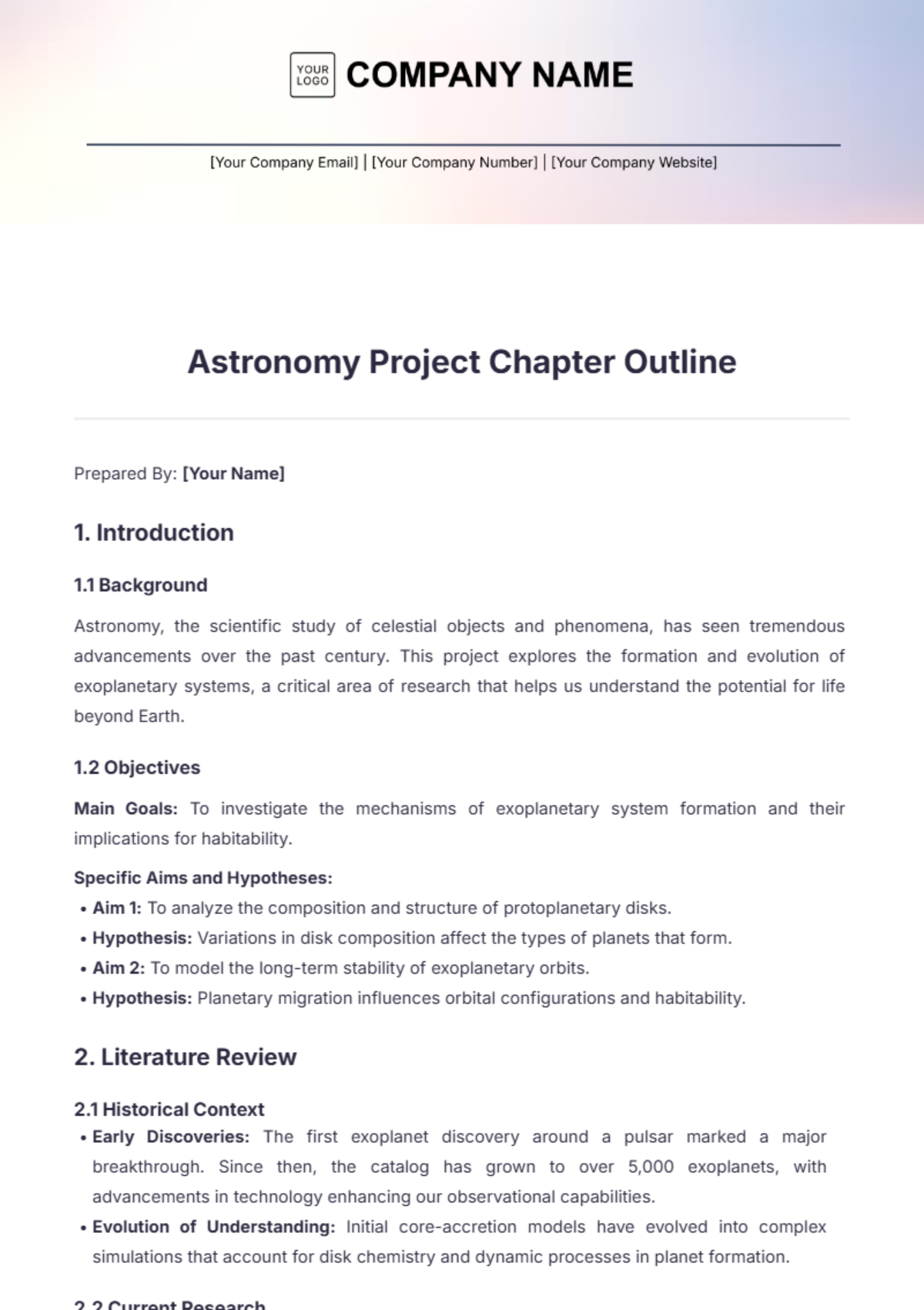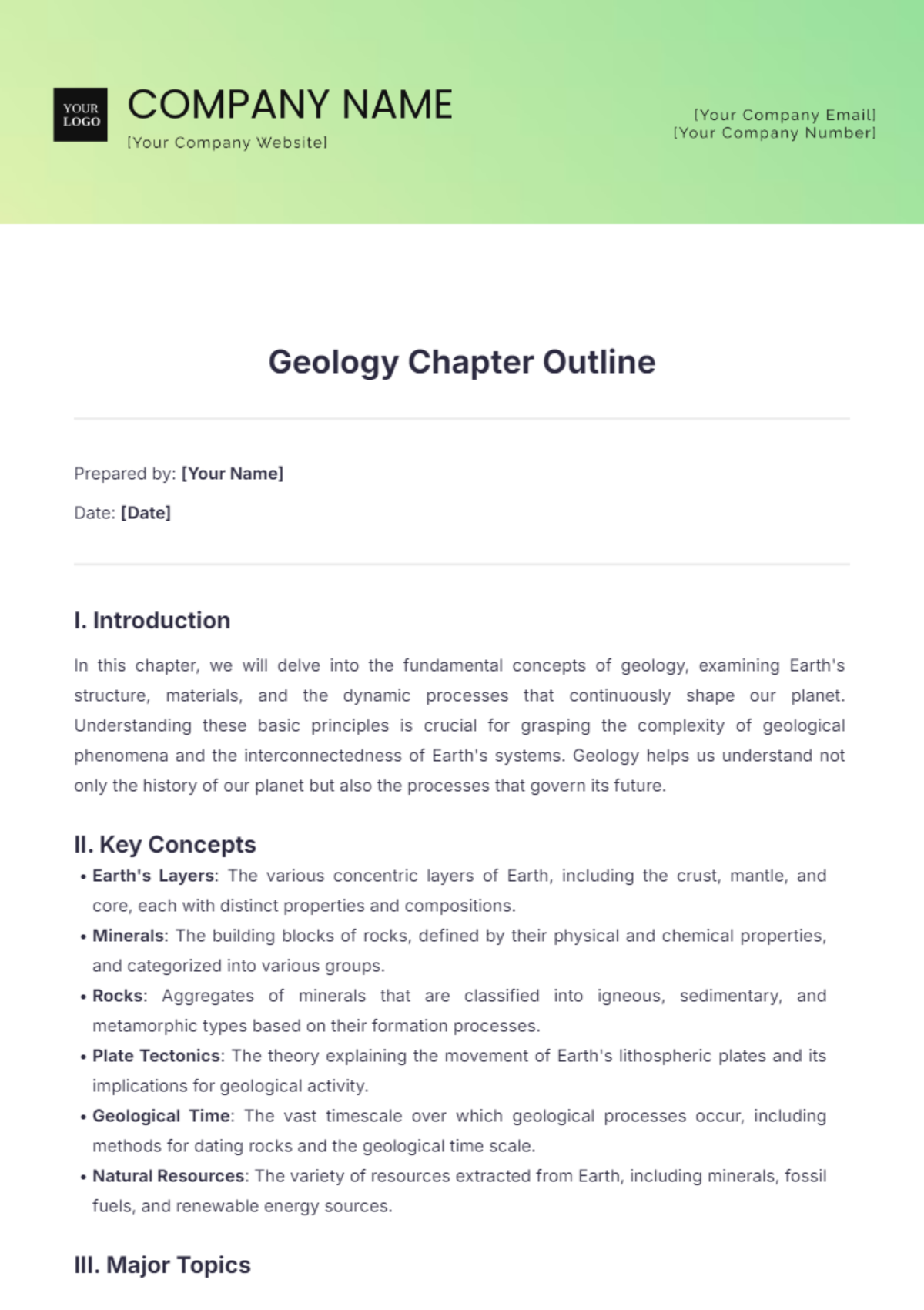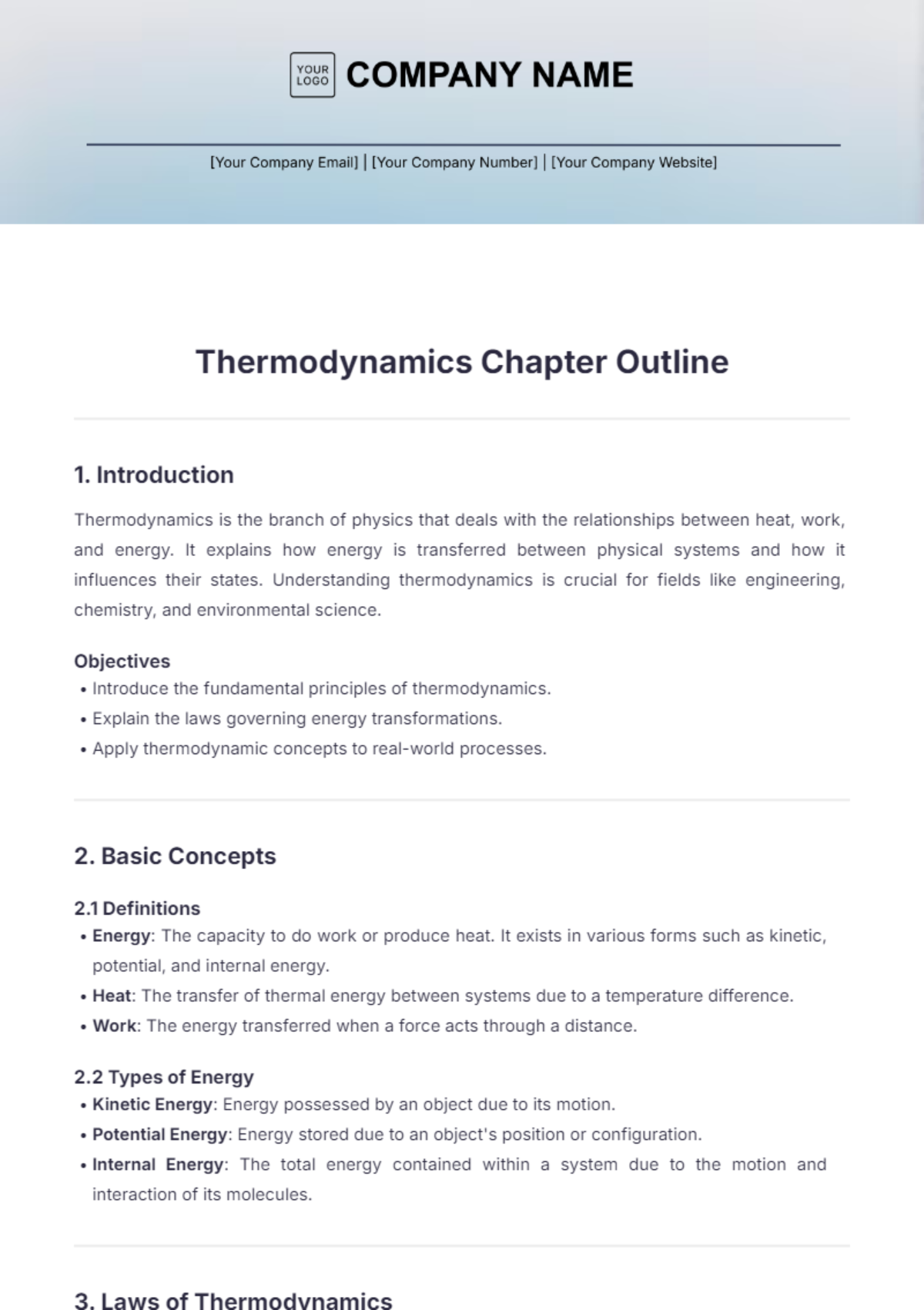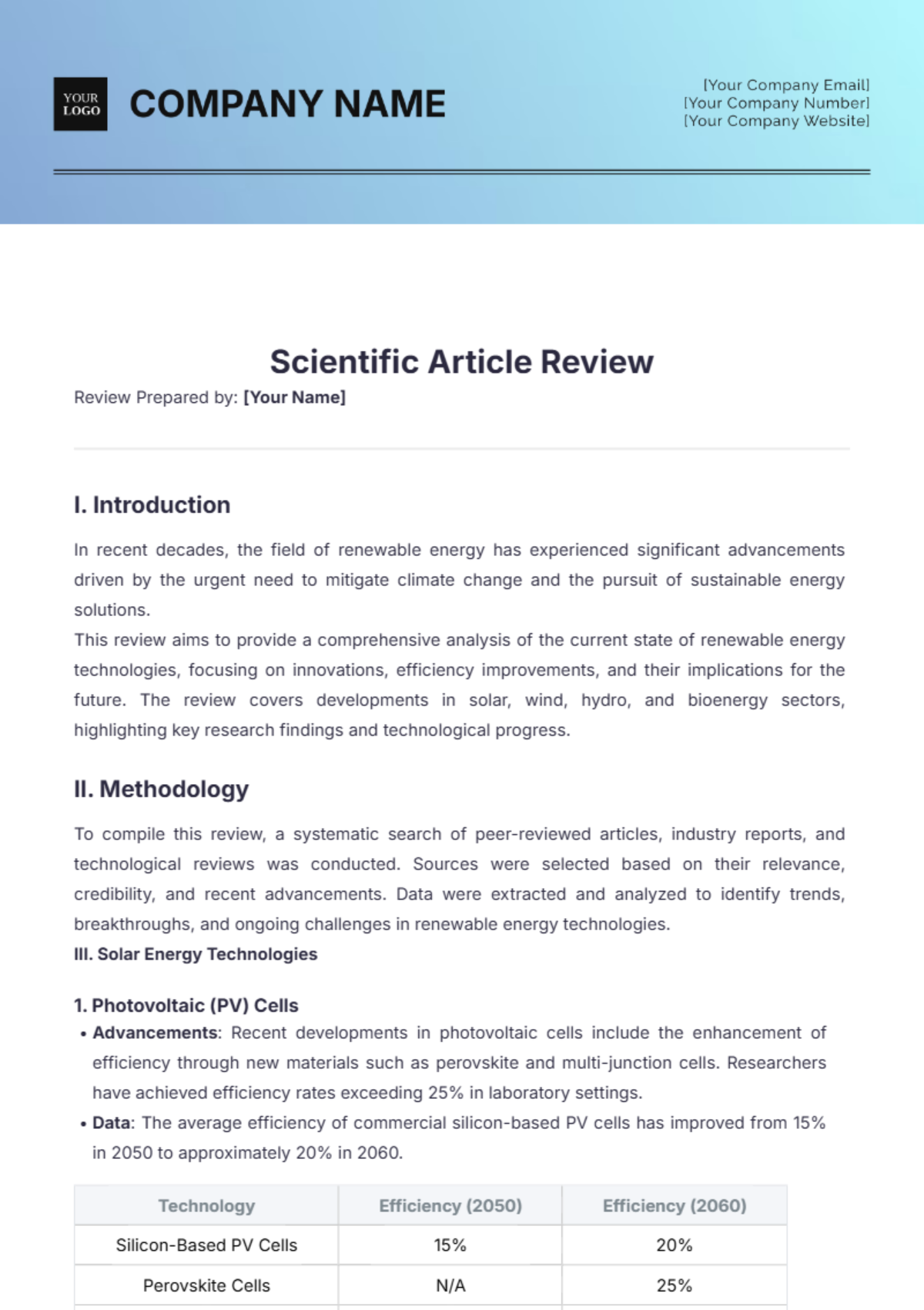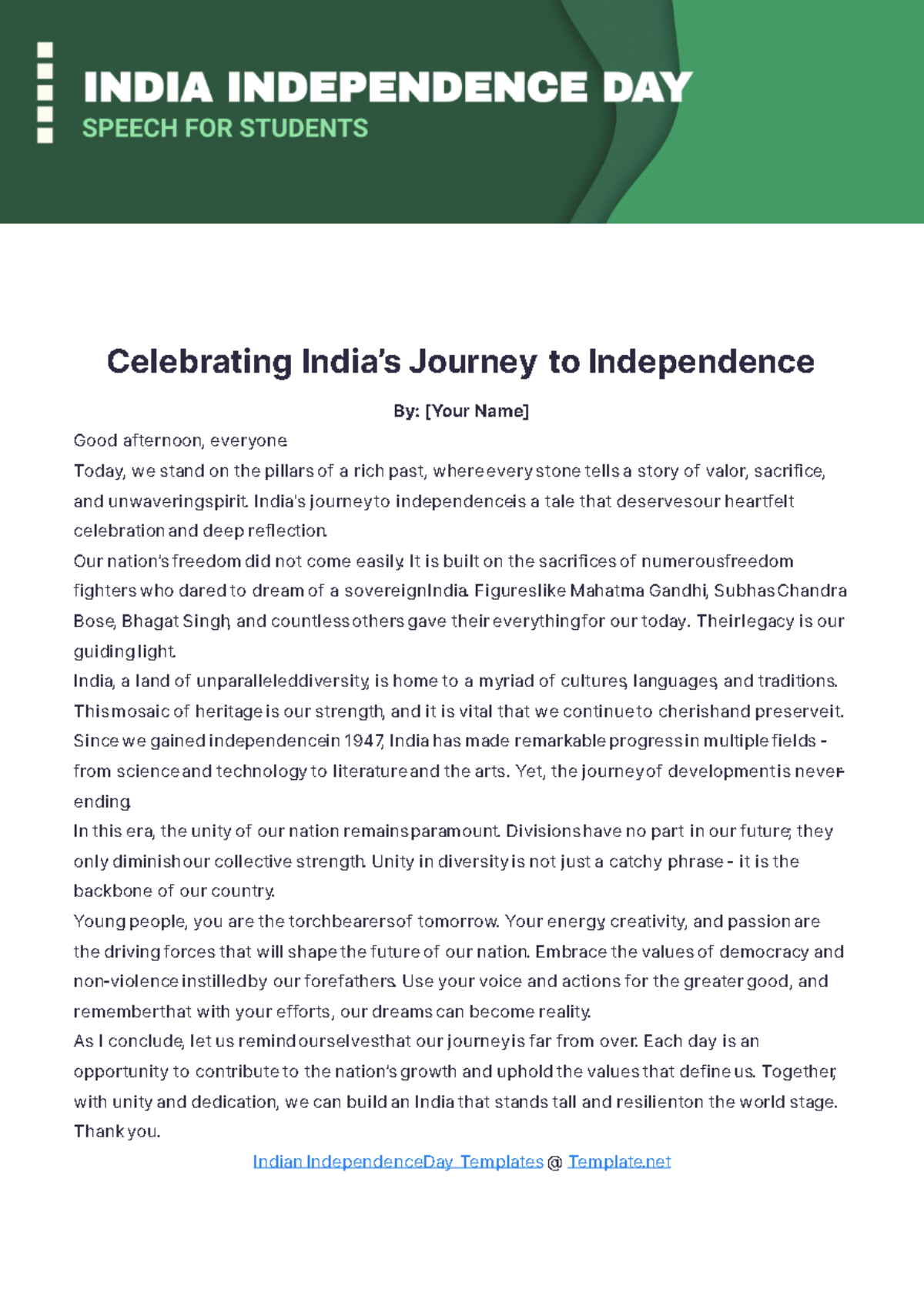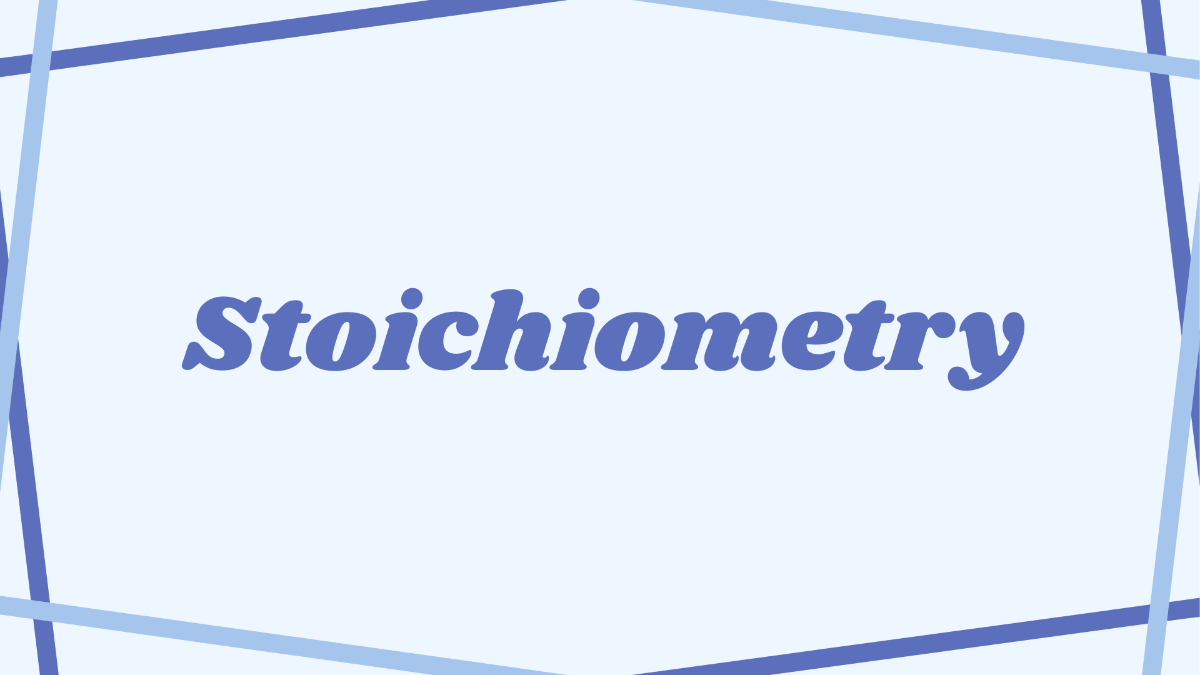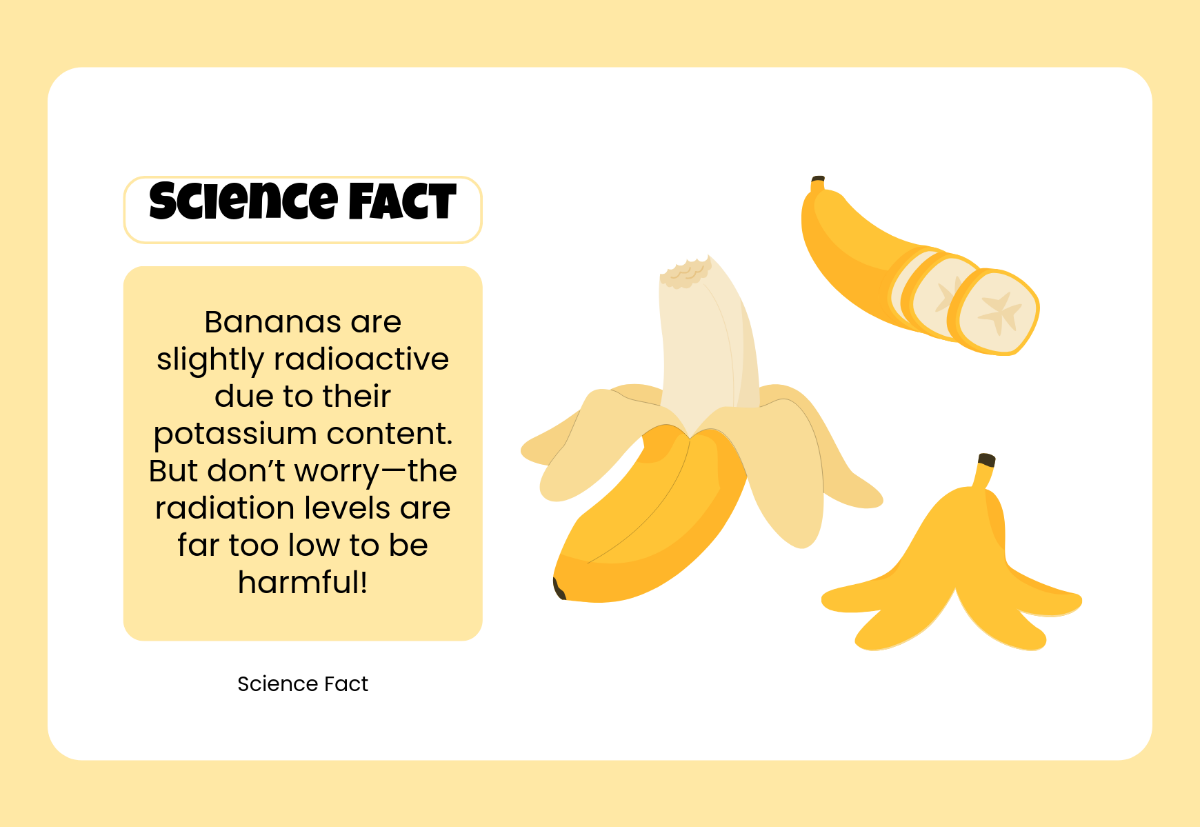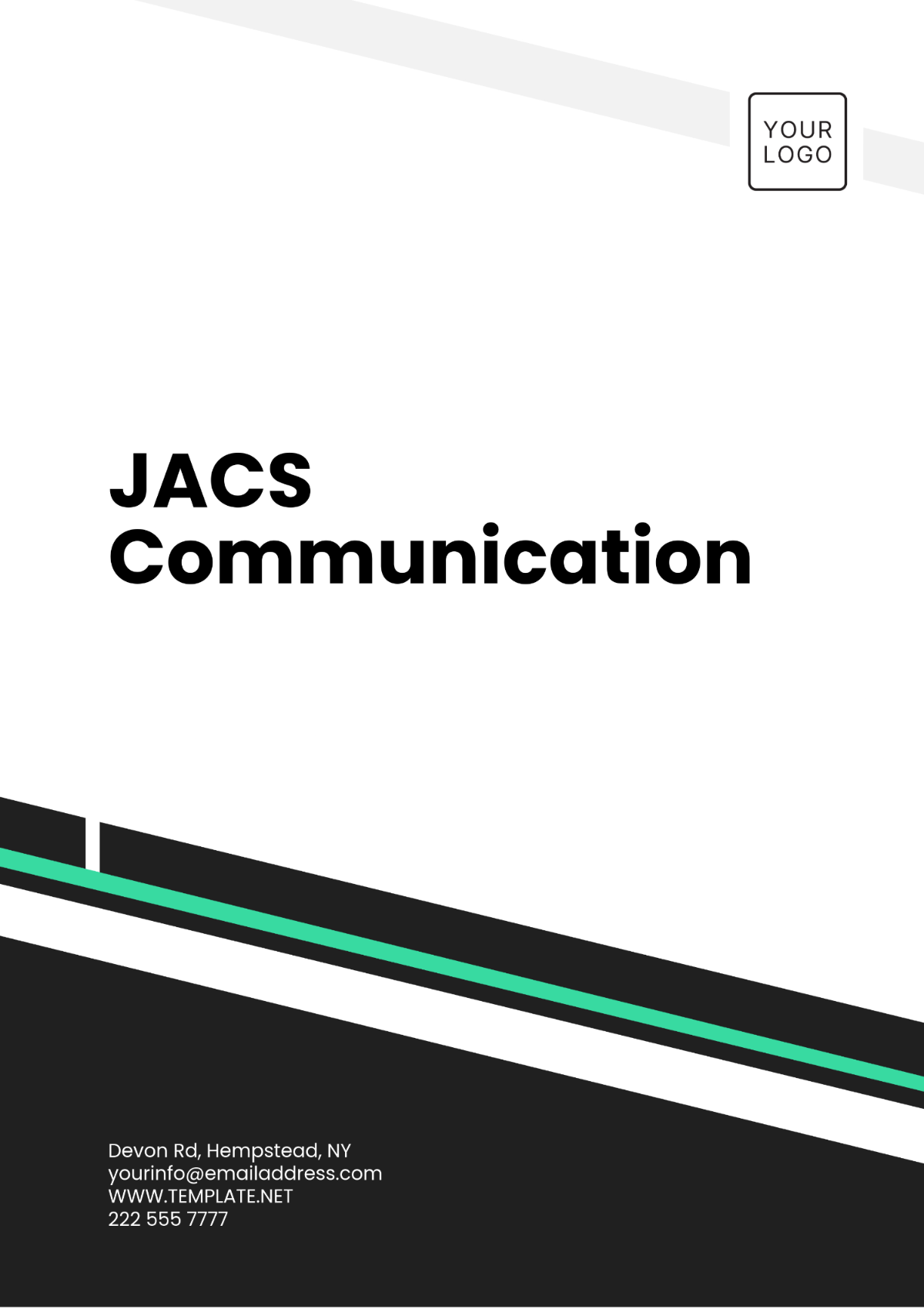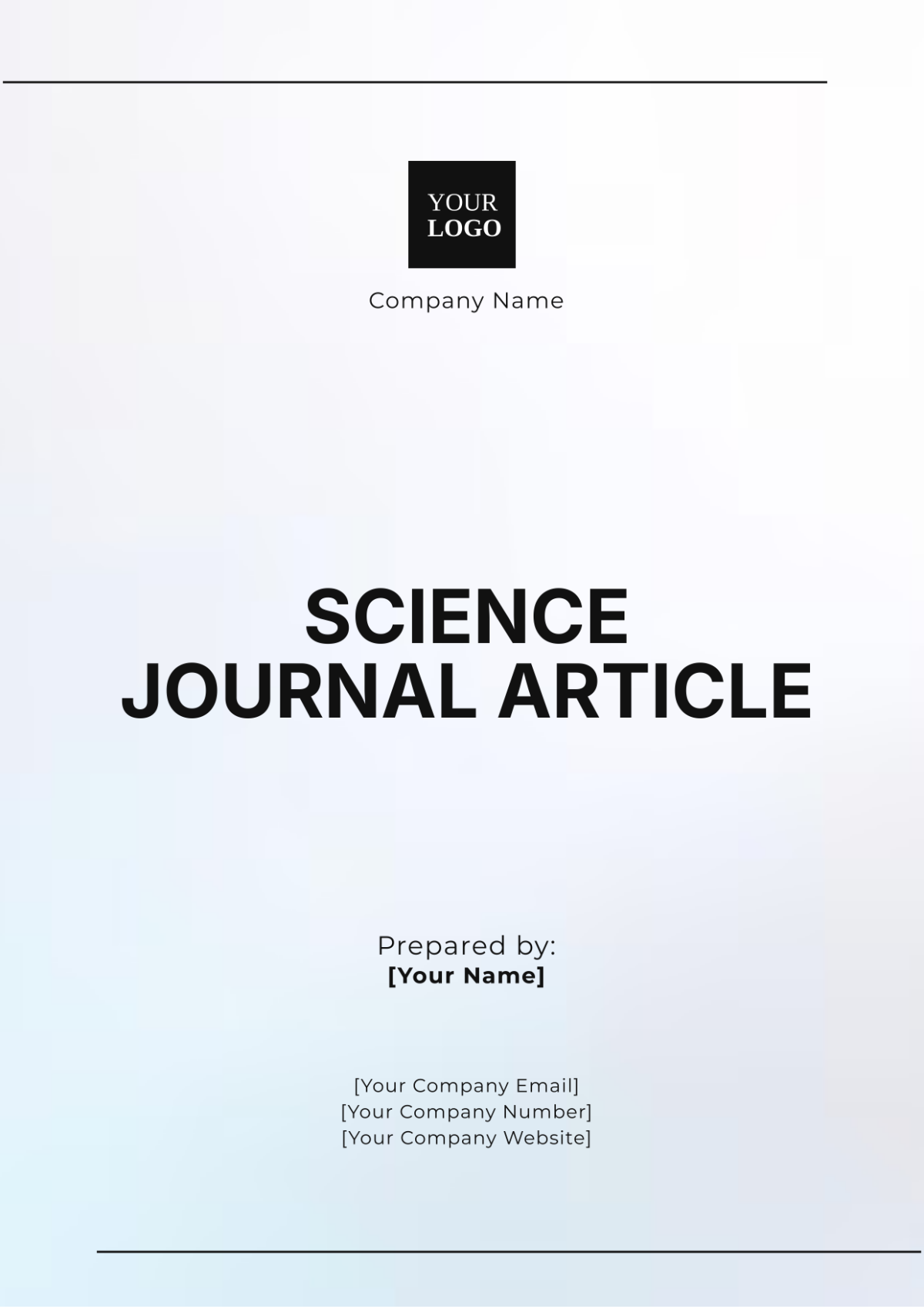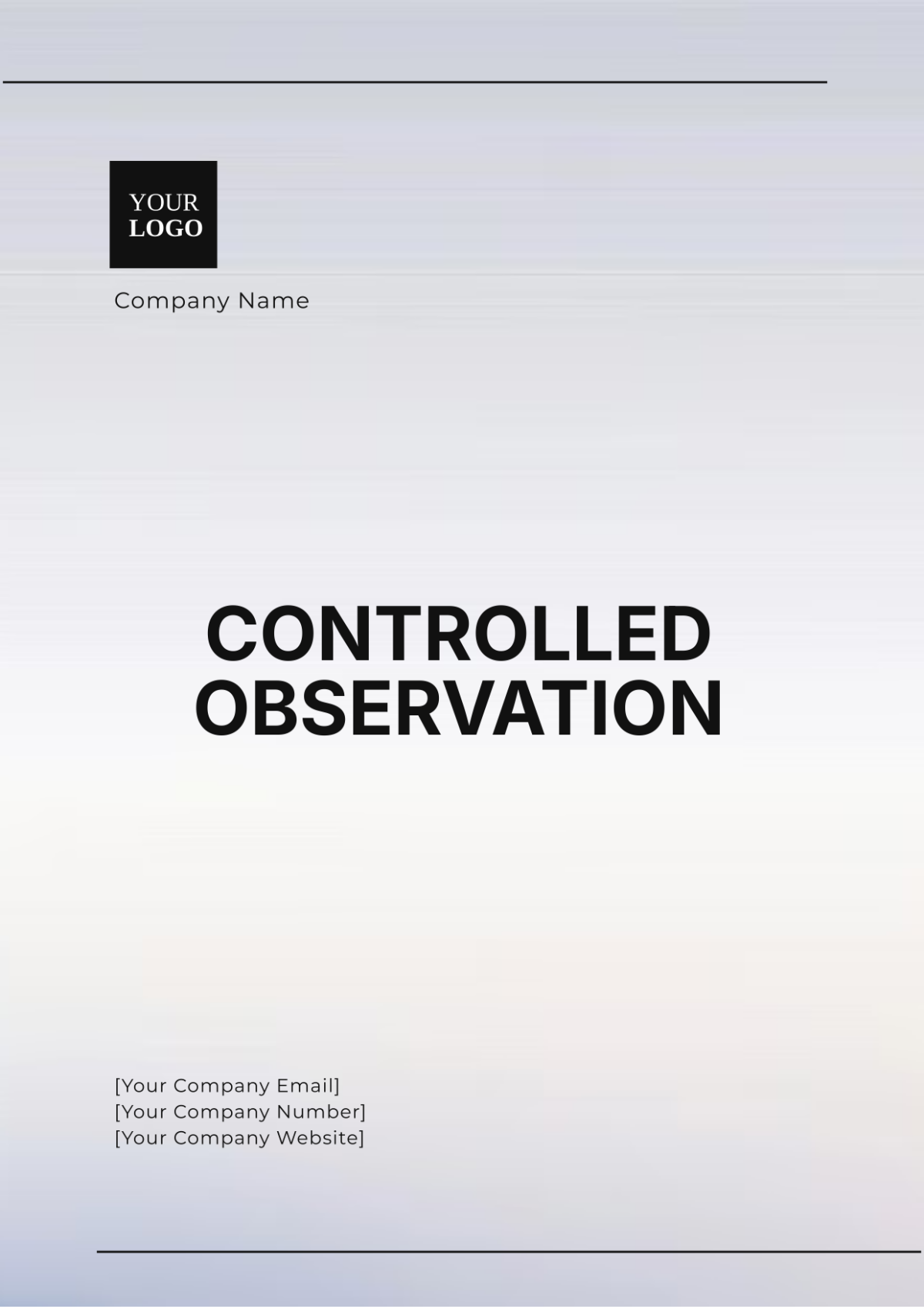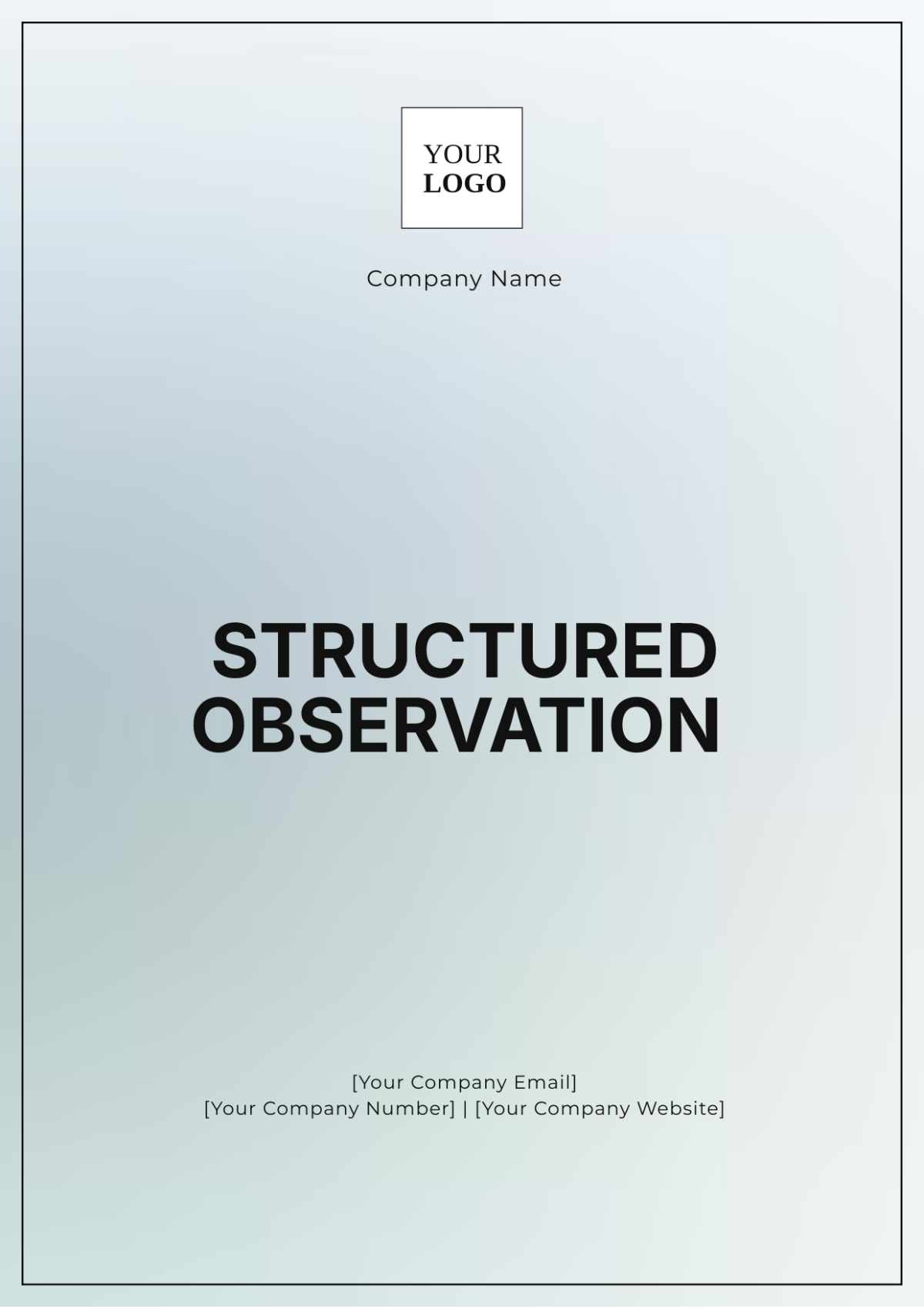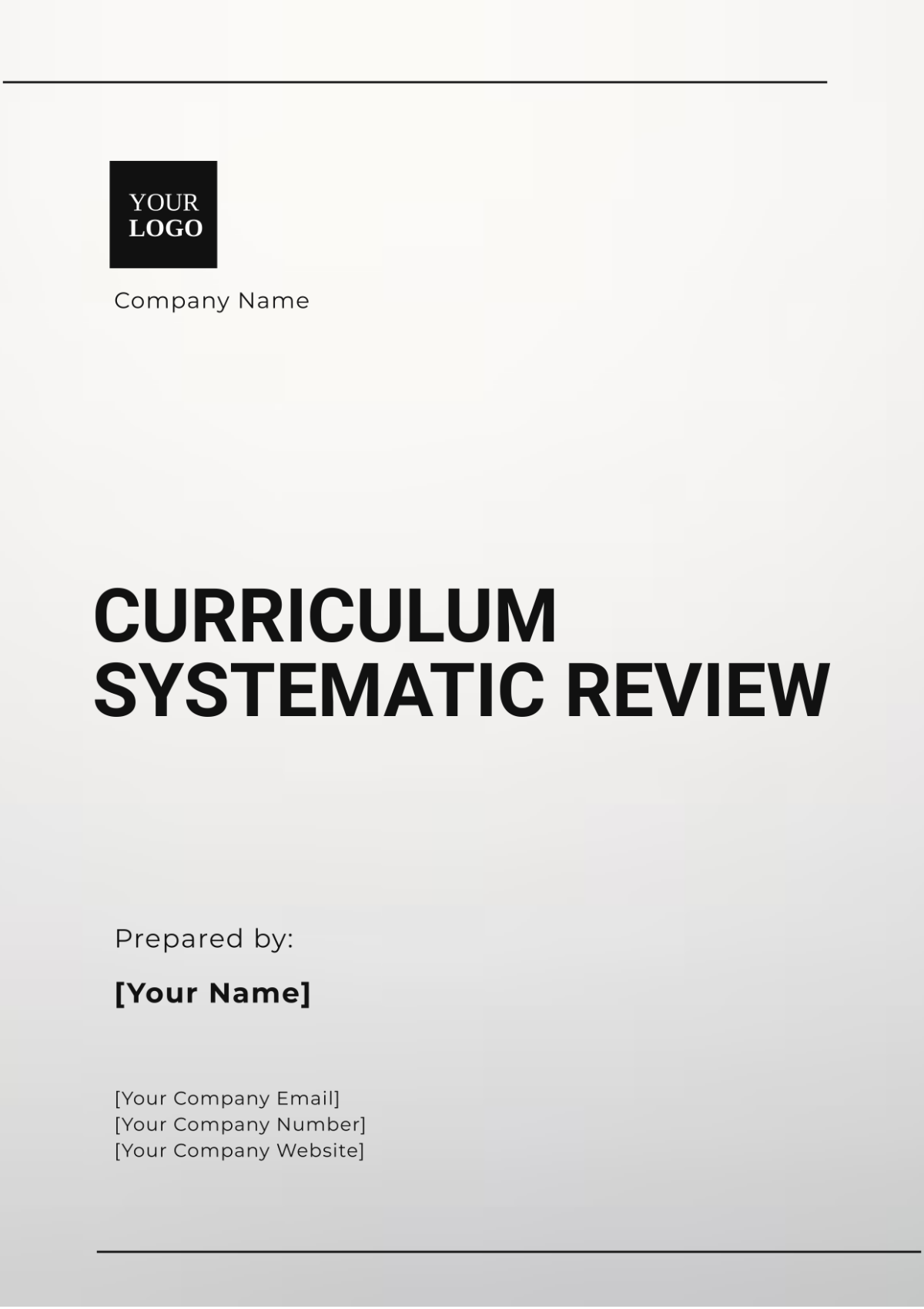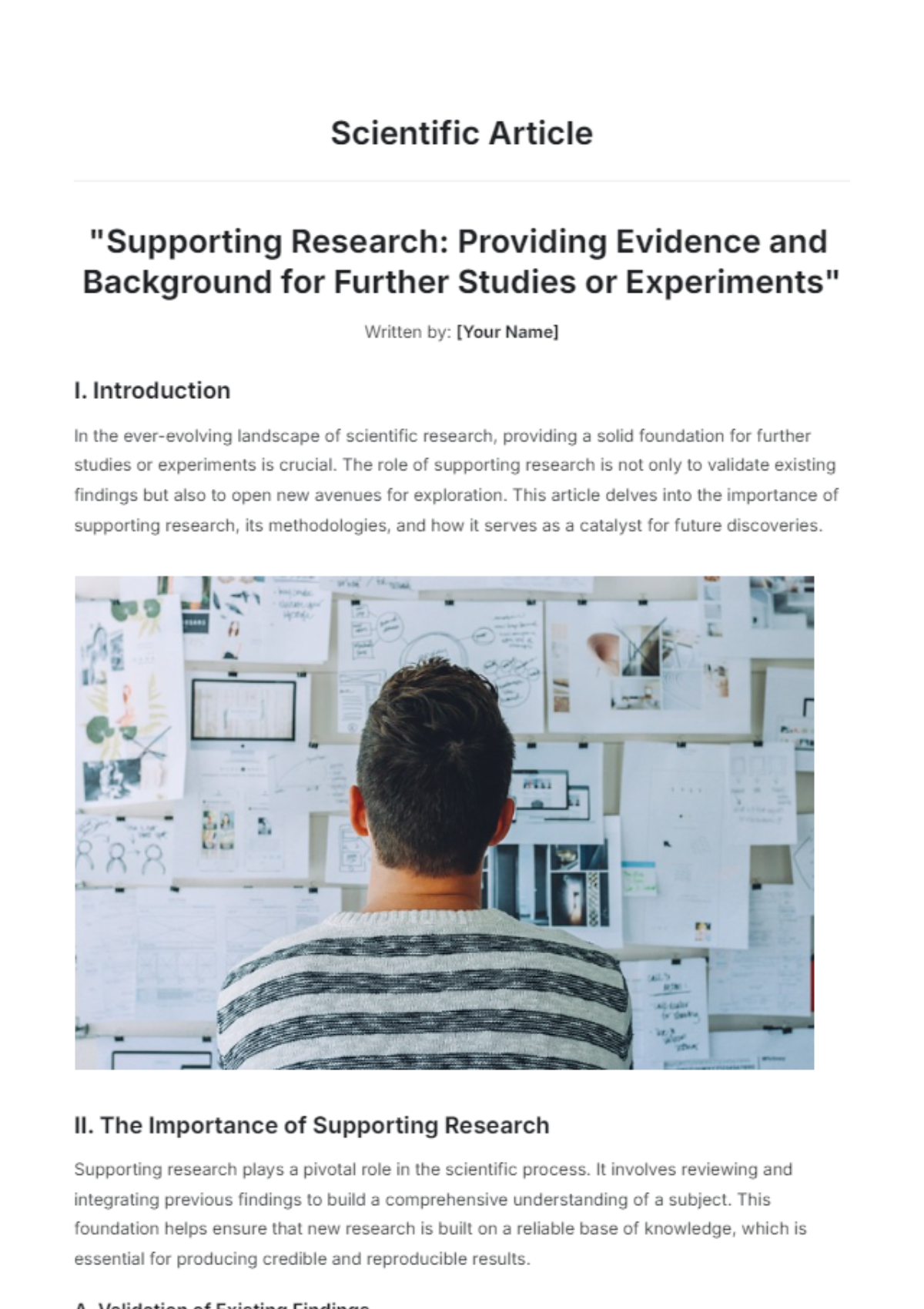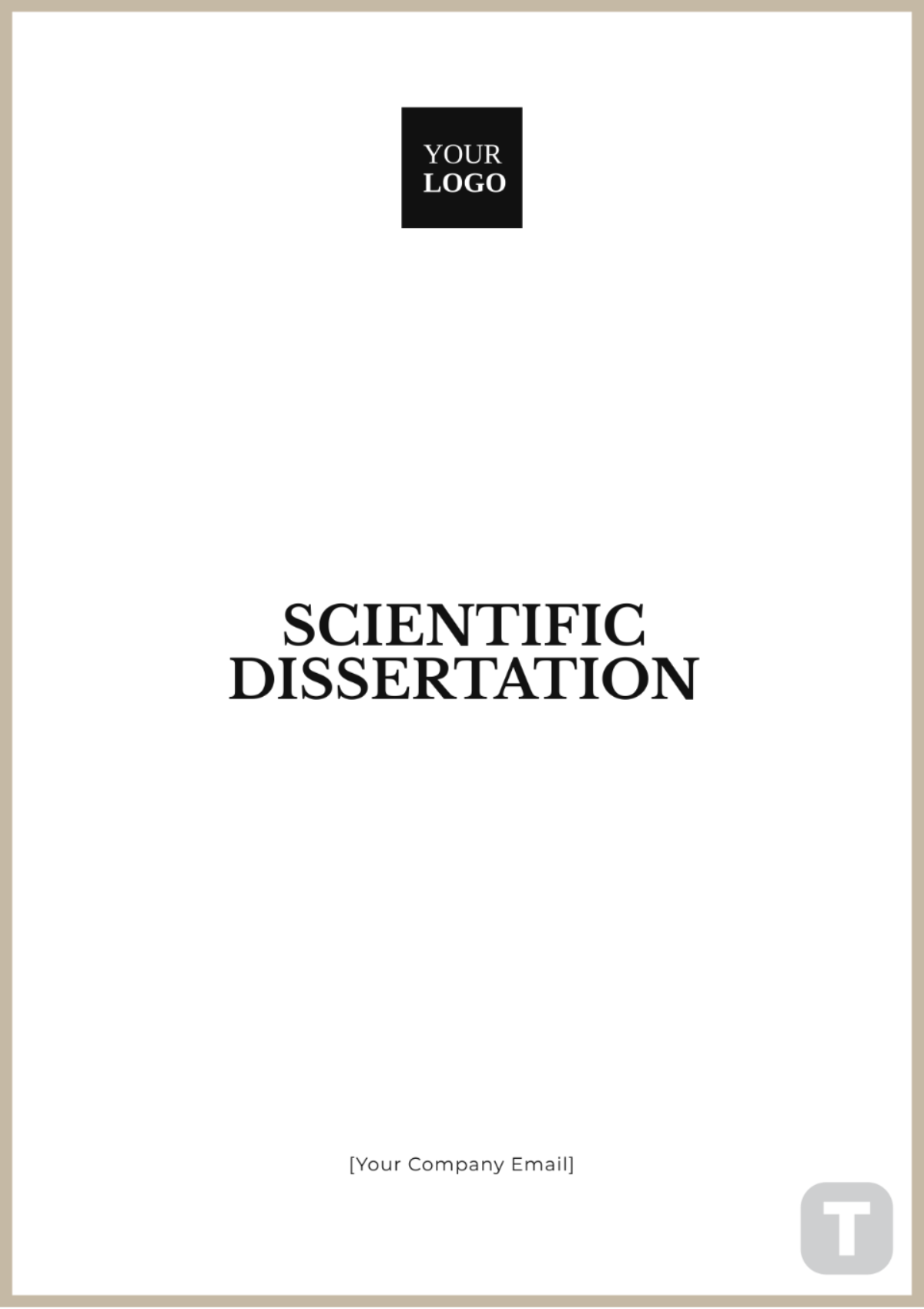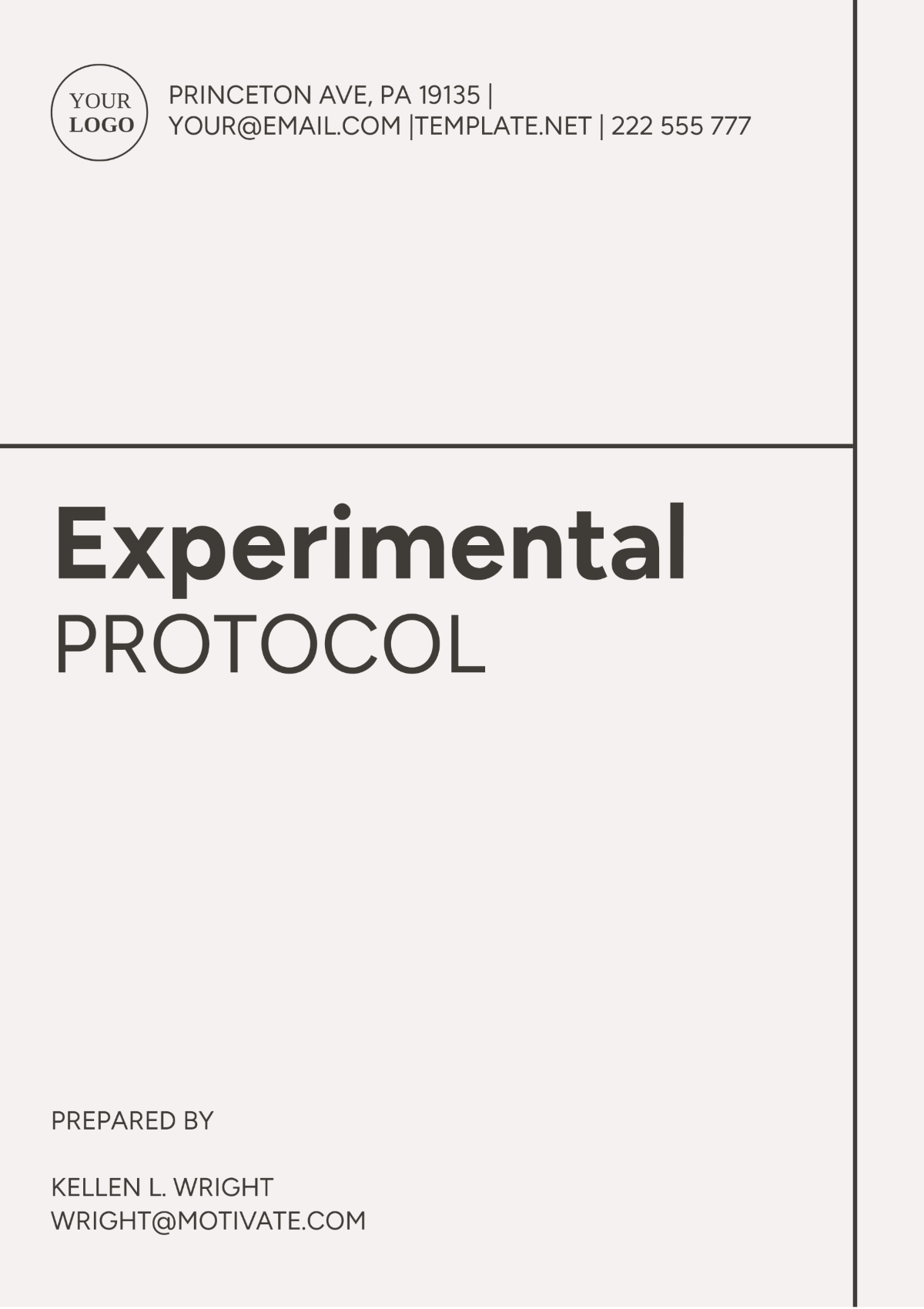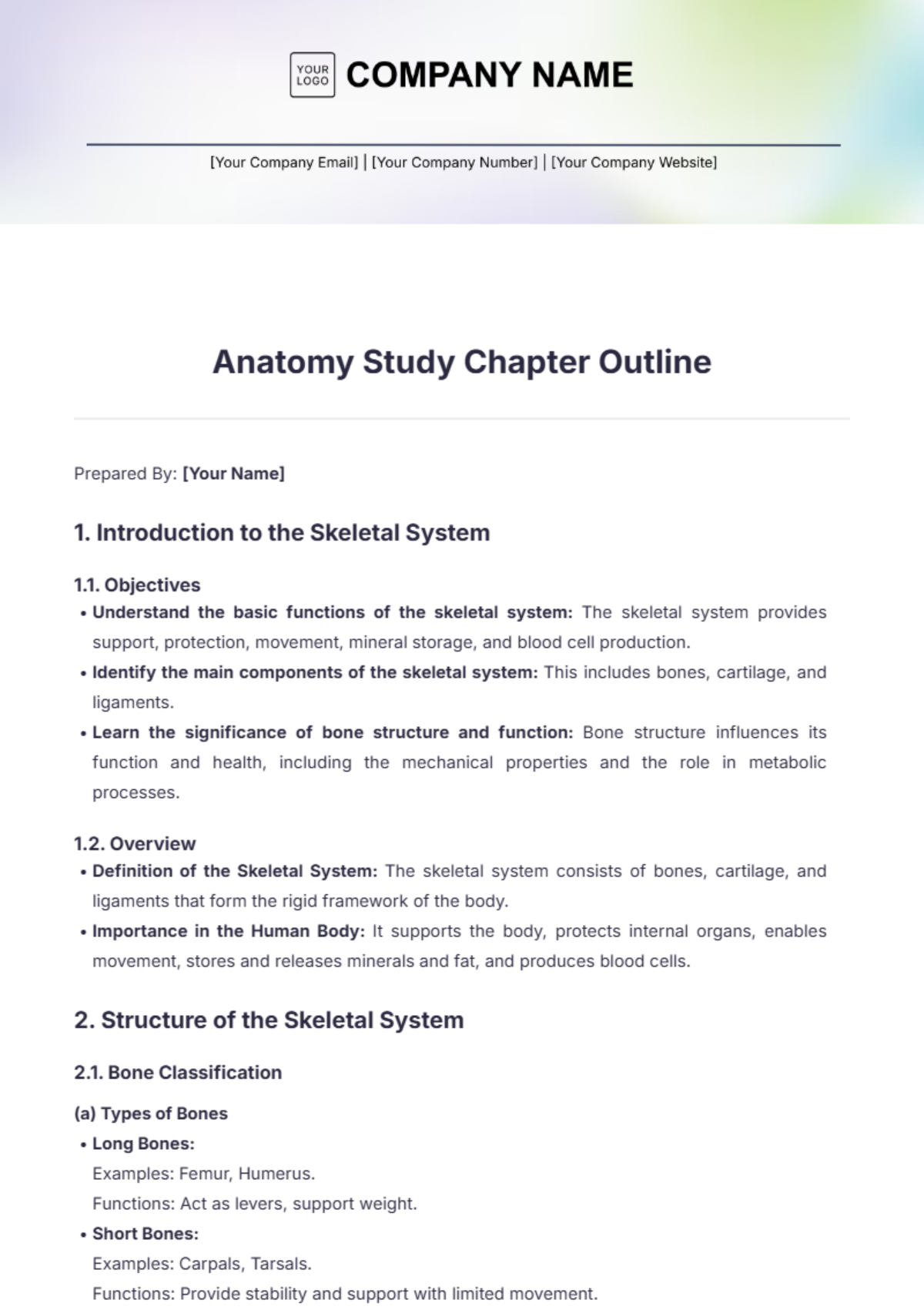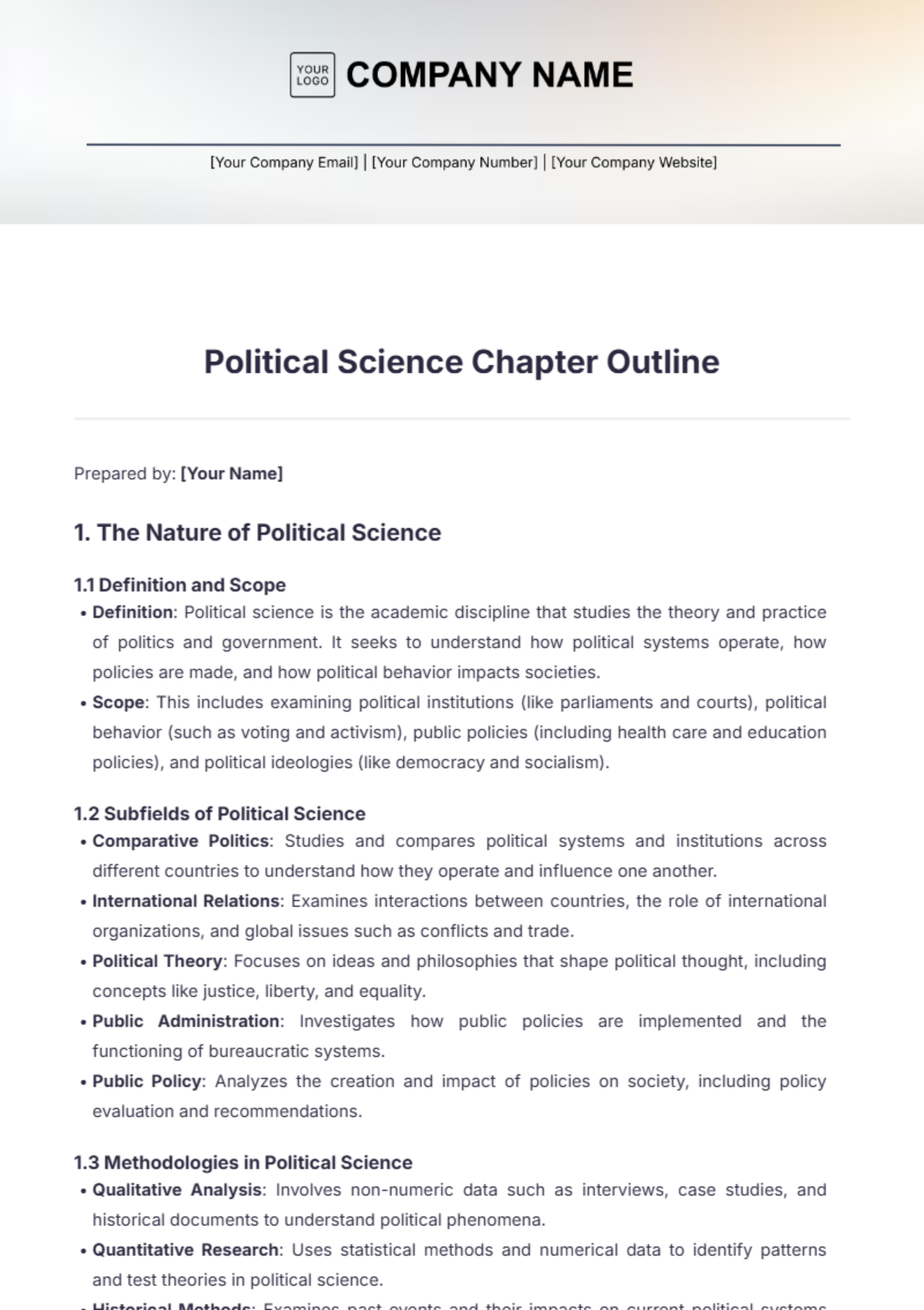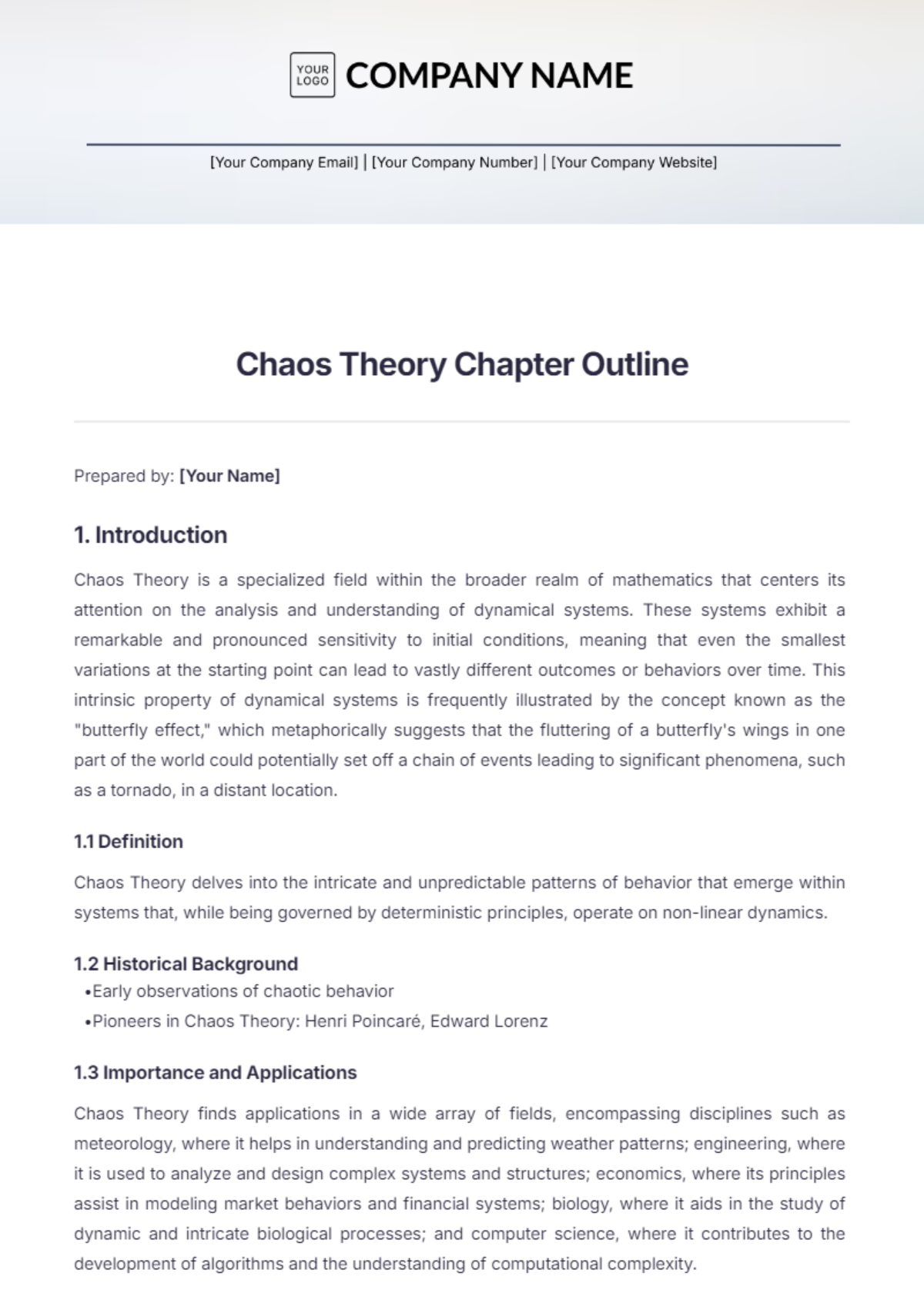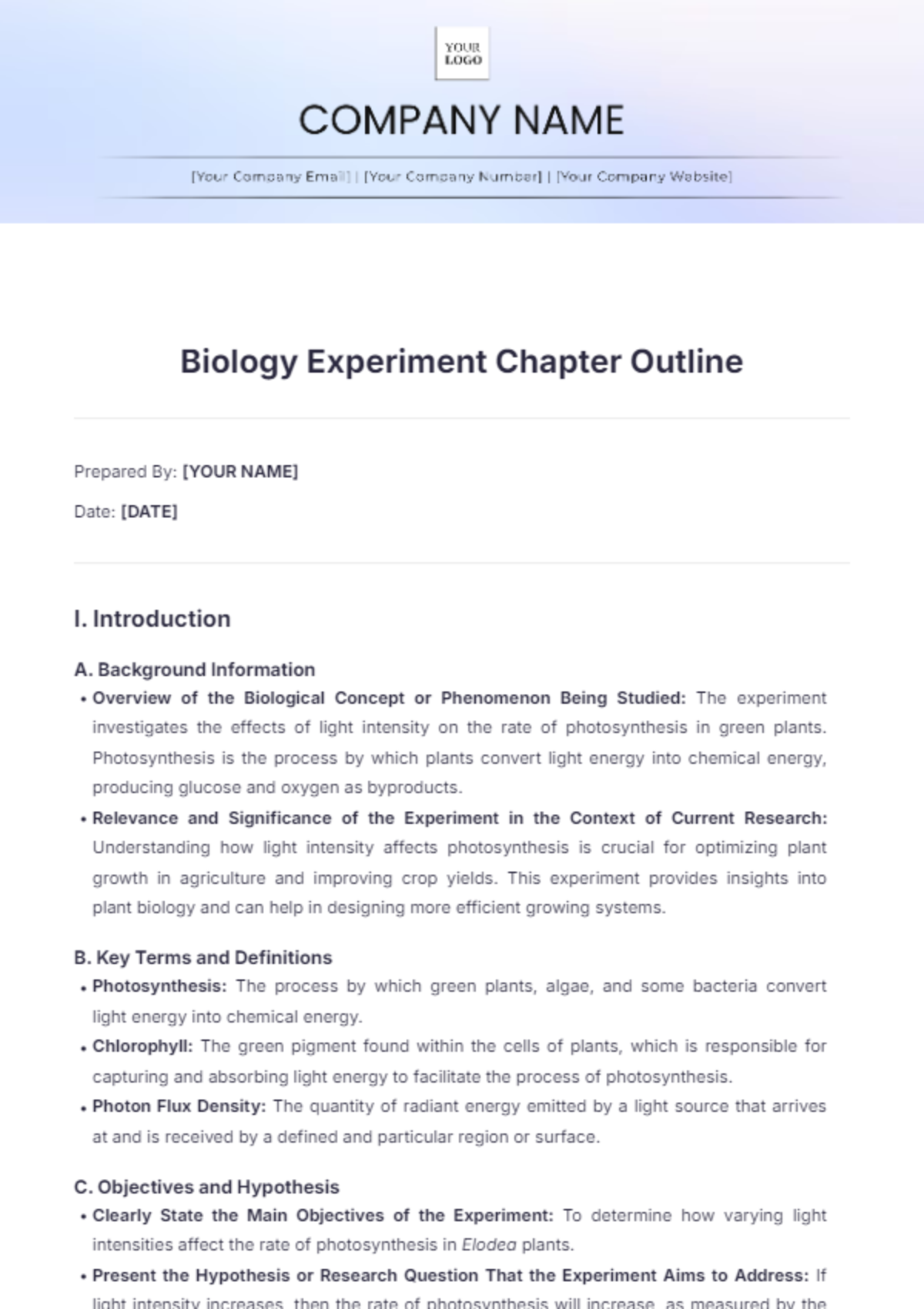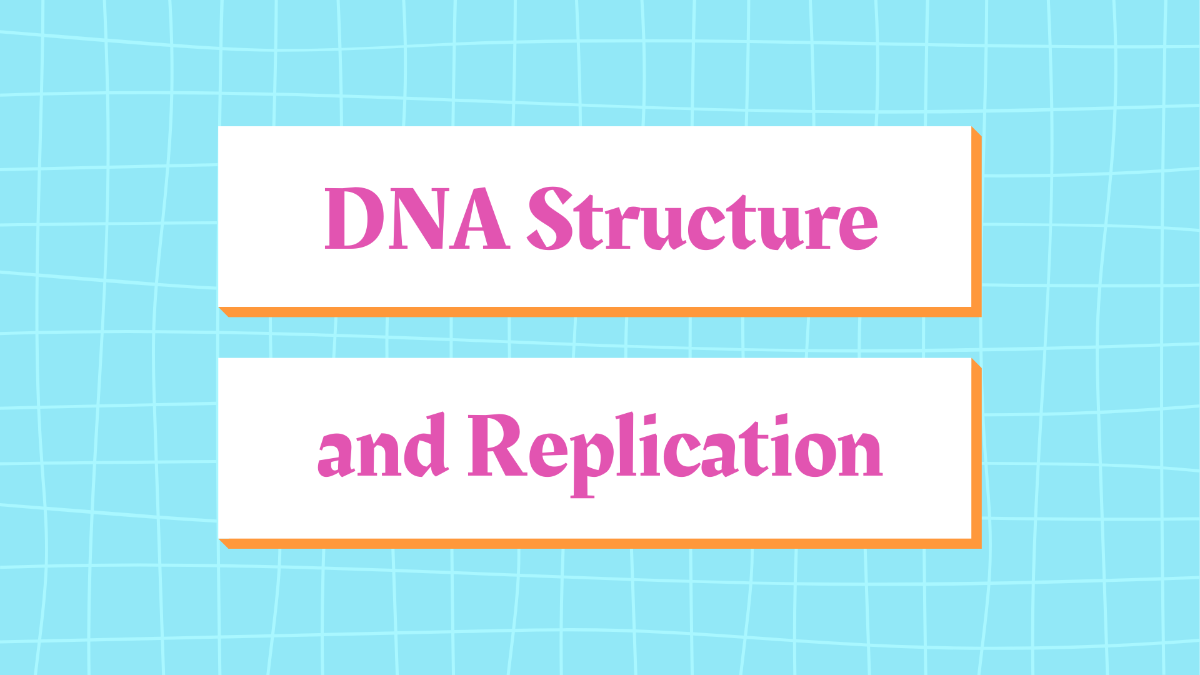Geologist Criteria
Prepared by: [Your Name]
Date: [Current Date]
Introduction
In the field of geology, rigorous evaluation criteria are essential for assessing the quality and effectiveness of geological projects, studies, and reports. These criteria help ensure that geological work meets professional and scientific standards, providing reliable and actionable insights. This document outlines a set of criteria designed to guide the evaluation of geological projects and assessments, ensuring that they are conducted with precision and integrity.
Purpose
The purpose of this document is to provide a comprehensive framework for evaluating geological projects, assessments, and reports. It establishes clear standards and requirements to guide practitioners and reviewers in assessing the quality and effectiveness of geological work. By adhering to these criteria, projects can be evaluated consistently, ensuring that they meet necessary scientific and professional standards and provide valuable, accurate information.
Scope
This document applies to all geological projects and assessments, including field studies, data collection, analysis, and reporting. It is intended for use by geologists, project managers, and reviewers involved in evaluating geological work. The criteria outlined herein are designed to be adaptable to various types of geological studies, including environmental assessments, resource evaluations, and academic research, ensuring comprehensive evaluation and consistent quality across different projects.
Criteria Table
Criteria | Description | Standards/Requirements |
|---|---|---|
Objective Clarity | The project’s objectives should be clearly defined and relevant to the geological study or evaluation. | Objectives are specific, measurable, achievable, relevant, and time-bound (SMART). |
Data Quality | The quality of the geological data collected should be high, including accuracy and precision. | Data should be collected using standardized methods and validated techniques. |
Methodology | The methods used for geological assessment or study should be robust and appropriate for the objectives. | The methodology should be detailed, reproducible, and suited to the geological context. |
Literature Review | Relevant existing research and data should be reviewed and integrated into the project. | Literature should be current, relevant, and comprehensive. |
Field Work | The fieldwork should be thorough, systematic, and well-documented. | Field data should be collected according to established protocols and documented carefully. |
Analysis and Interpretation | Geological data should be analyzed and interpreted using sound techniques and principles. | Analysis should be accurate, with interpretations supported by data and theoretical frameworks. |
Reporting | The final report should be clear, detailed, and structured. | The report should include an executive summary, methodology, results, discussion, and conclusions. |
Risk Assessment | Risks associated with the geological project should be identified and managed. | Risk assessment should be comprehensive, including mitigation strategies and contingency plans. |
Compliance | The project should adhere to all relevant regulations and standards. | Compliance with local, national, and international geological standards and regulations is required. |
Stakeholder Engagement | Effective communication with stakeholders and consideration of their input should be evident. | Stakeholder engagement should be documented, with feedback incorporated where applicable. |
Evaluation Process
The evaluation process for geological projects, studies, and reports involves several key steps to ensure that the work meets established standards and requirements. This process is designed to be systematic and thorough, providing a consistent approach to assessing the quality and effectiveness of geological work. The following steps outline the evaluation process:
Pre-Evaluation Preparation: Confirm project objectives and gather all relevant documentation for initial review.
Initial Assessment: Check if the project meets basic criteria and perform a preliminary review to identify potential issues.
Detailed Evaluation: Assess the quality of data, appropriateness of methodology, integration of existing research, and thoroughness of fieldwork.
Analysis and Interpretation: Evaluate the accuracy of data analysis and the validity of data interpretations.
Reporting Review: Examine the structure and clarity of the final report to ensure it is detailed and well-organized.
Risk and Compliance Check: Review risk management strategies and ensure compliance with relevant regulations and standards.
Stakeholder Engagement: Verify that stakeholder input has been documented and considered in the project.
Final Review and Feedback: Summarize evaluation findings and provide recommendations for improvements or additional work.

